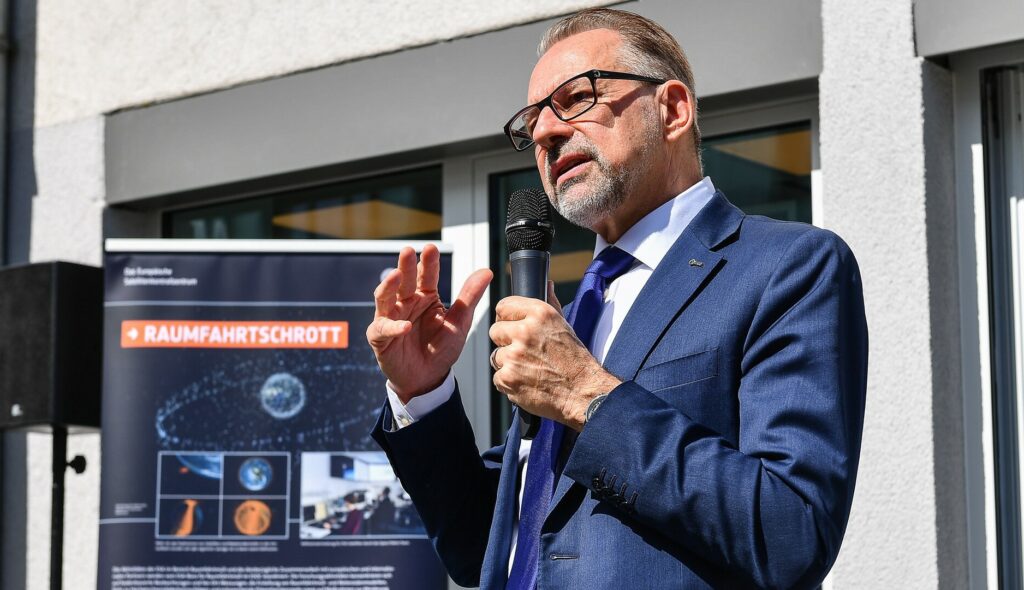European Space Agency (ESA) Director General Josef Aschbacher is determined to see a European astronaut on the moon within the next decade, according to an interview with German news agency DPA and reported by De Morgen.
Aschbacher believes that the economic potential of the moon will first become clear next decade. "We are only at the beginning of the sustainable use of the moon for our projects."
Although the economic potential of the moon is still unclear, Aschbacher remains "personally confident it will be worth it."
Budget remains key, he said, even as the Paris-based agency is getting ready for the November ESA Council of Ministers, where Member States set budgets and plan for the next three years.
France invests in space
He is likely to be pleased that France will invest more than €9 billion in the space sector over the next three years, announced Prime Minister Elisabeth Borne announced on Sunday at an international space conference (IAC) in Paris.
These "major investments" are part of the space strategy that President Emmanuel Macron outlined in February, said Borne.
"The main strategy is to maintain our autonomous access to space with Europe" and for that "we need strong resources and advanced research."
Related News
- Belgium joins NASA mission to defend Earth from asteroids
- Destination Moon: Belgium seeks ground rules for lunar colonisation
- NASA postpones launch of lunar rocket Artemis I due to technical problems
NASA has rescheduled its Artemis mission for September 27 after two foiled attempts at launching its rocket towards the moon. ESA cooperated with NASA alongside the Japan Aerospace Exploration Agency (JAXA), and Canadian Space Agency (CSA) on this mission.
Success
Aschbacher stresses the successful missions of the first flight of the Vega C rocket and the first space meeting, in which the EU and ESA made decisions together.
But the ESA chief warns that uncertainties have risen this year, especially following Russia's announcement to withdraw from the International Space Station (ISS) after 2024, ending an a joint arrangement to manage the ISS together with the US, Canada, Japan and the ESA.
Although the ISS's future holds uncertainties, Aschbacher believes that a new generation of astronauts will soon be set for the moon as part of NASA's Artemis program.

